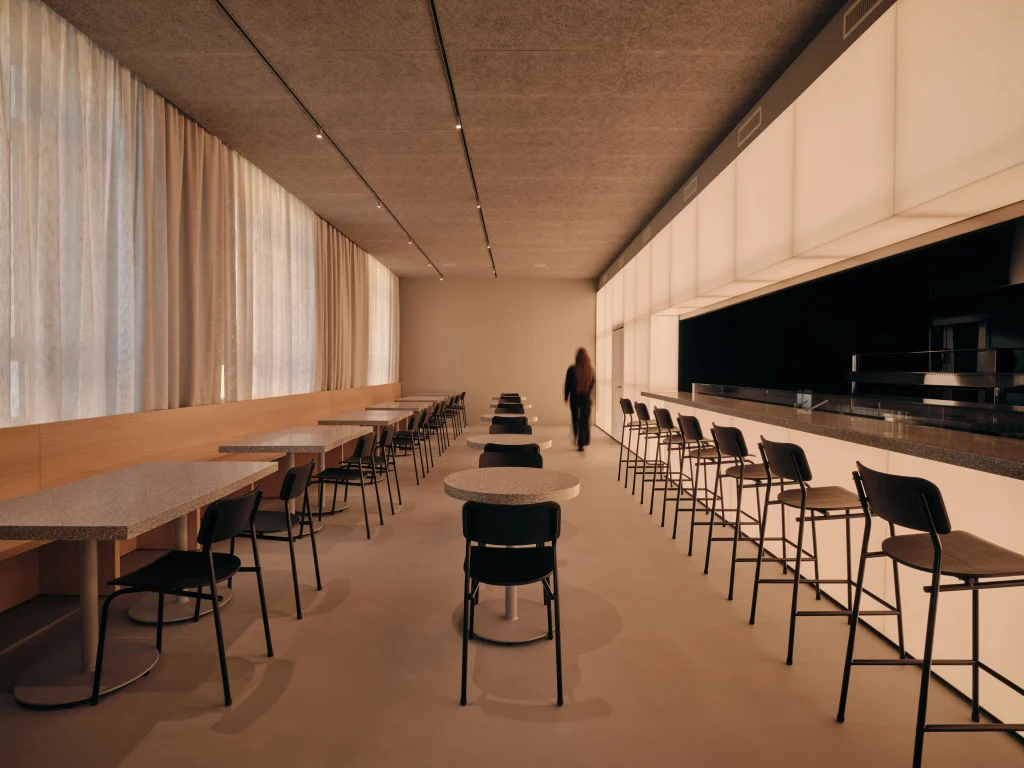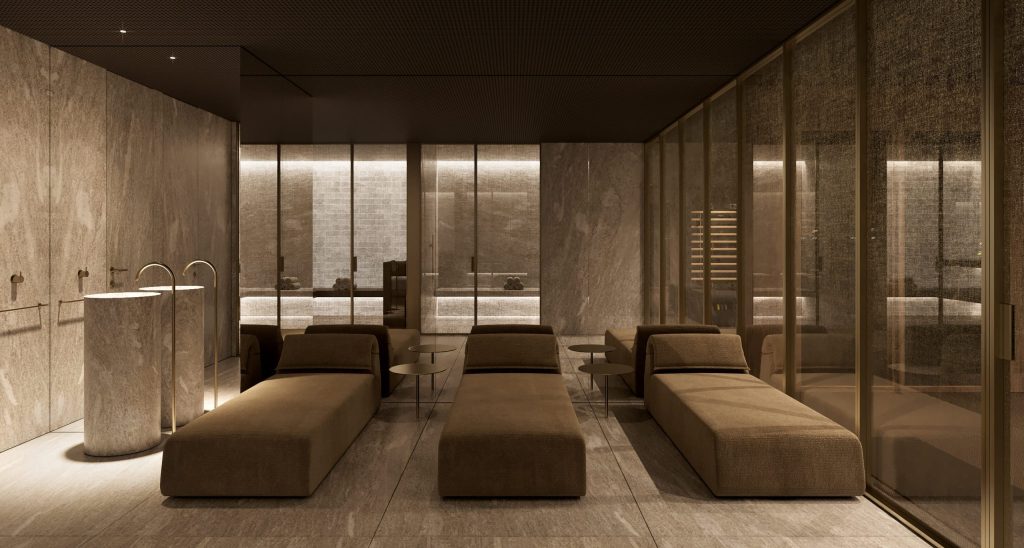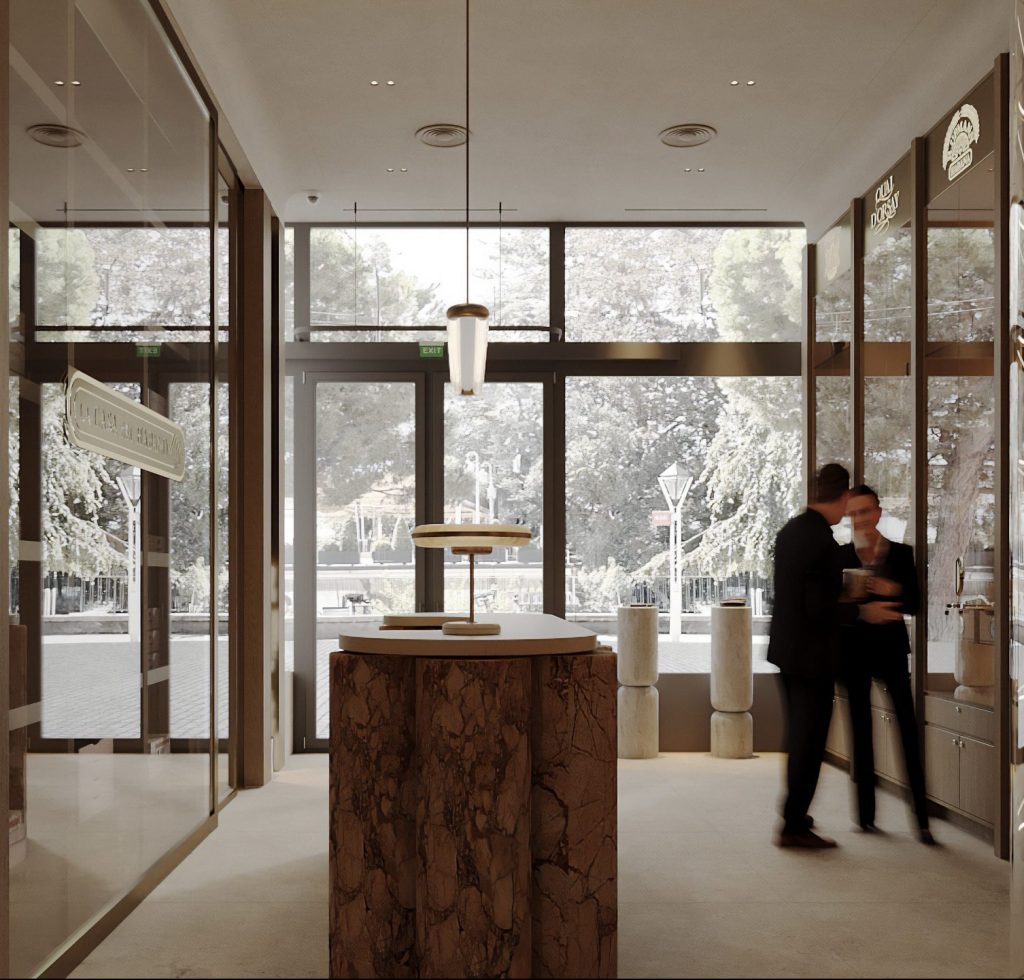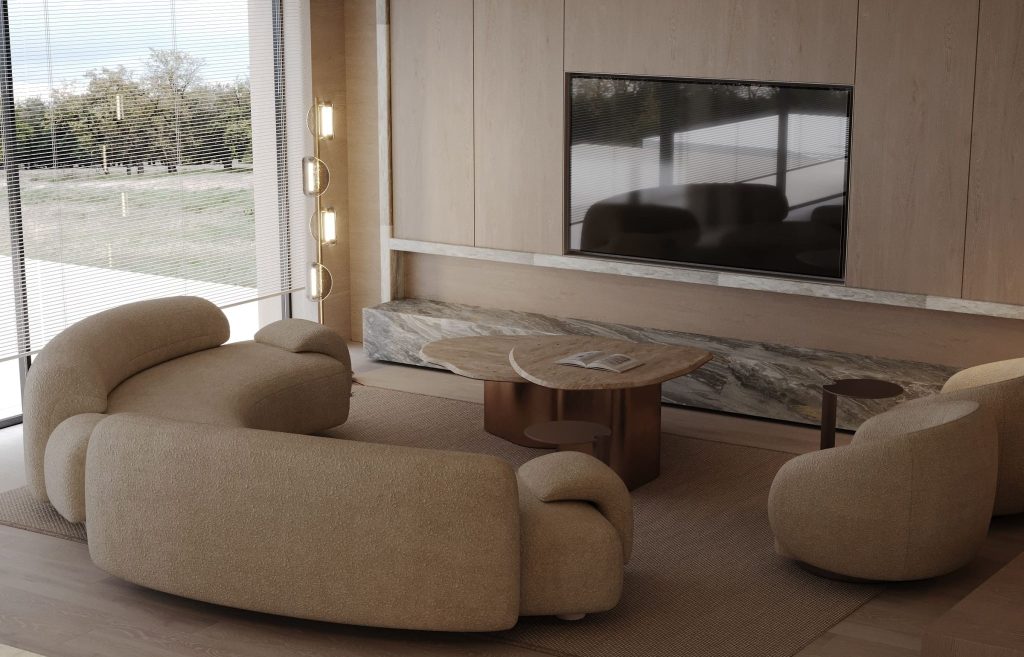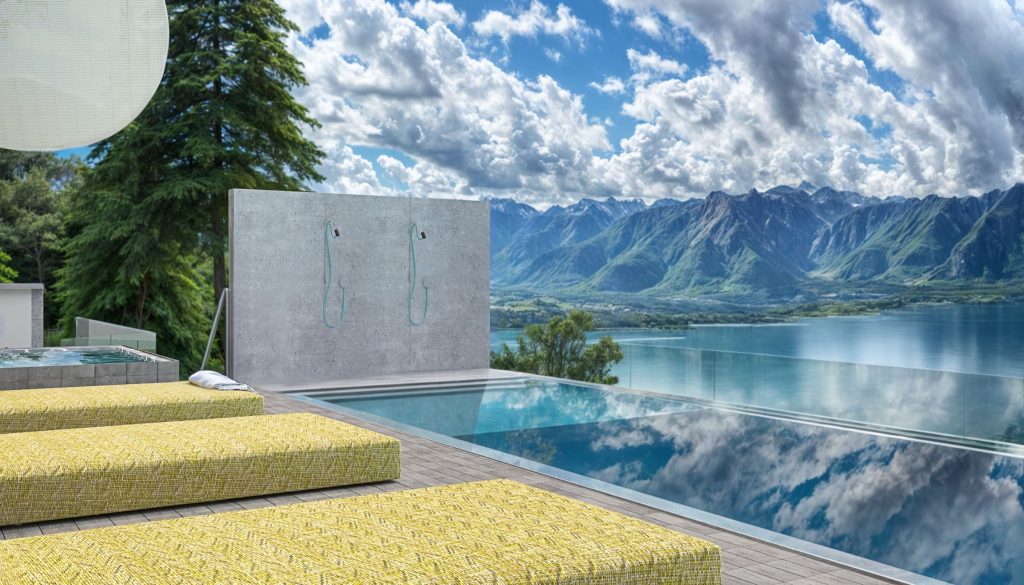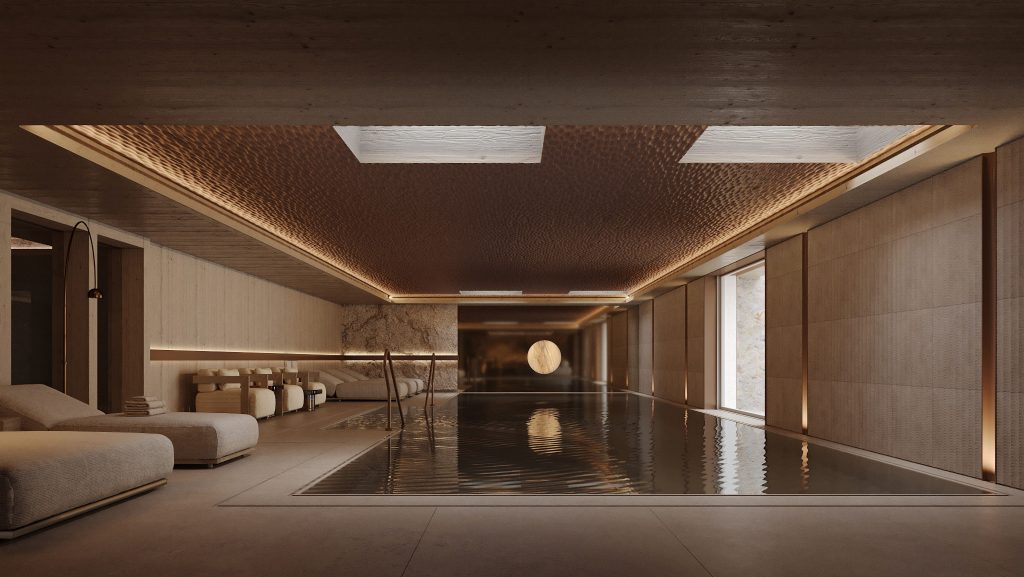Why We Need Interior Designers
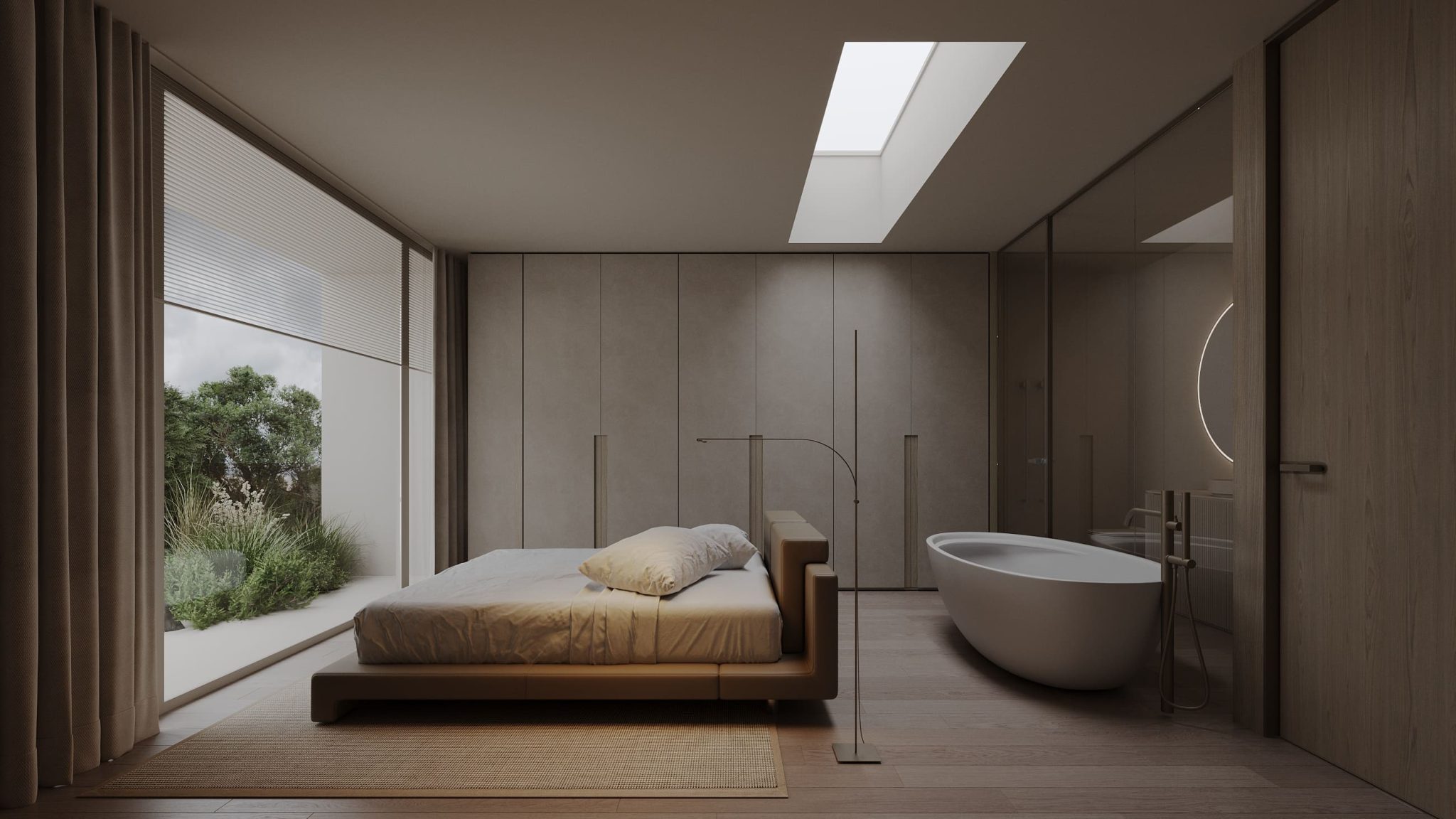
In an era where personal and professional spaces profoundly impact our daily lives, the role of interior designers has become increasingly significant. Interior designers are not just decorators; they are skilled professionals who blend art and science to enhance the interior environments of homes, offices, and public spaces. Their expertise ensures that spaces are not only aesthetically pleasing but also functional, safe, and tailored to the needs of the inhabitants. The importance of interior design lies in its ability to transform a space, improve the quality of life, and create an environment that inspires and comforts. This article delves into the myriad reasons why we need interior designer services and how their contributions extend beyond mere aesthetics.
Expertise and Professional Knowledge
Interior designers undergo rigorous training and education to understand the principles of design, architecture, and human psychology. Their comprehensive knowledge covers a wide range of disciplines, including color theory, spatial arrangements, lighting, and materials. This expertise allows them to make informed decisions that significantly impact the functionality and beauty of a space.
For instance, selecting the right color palette involves more than choosing visually appealing shades. Interior designers consider the psychological effects of colors, how they interact with light, and their ability to create a particular mood. Similarly, understanding spatial arrangements and furniture placement is crucial for optimizing flow and ensuring comfort and efficiency within a space.
Functional and Practical Solutions
One of the core objectives of interior design is to improve the functionality of a space. Interior designers meticulously assess the needs and lifestyles of their clients to create layouts that maximize usability. Whether designing a small apartment or a large corporate office, they ensure that every square foot serves a purpose.
For example, in residential interior design, interior designers consider factors such as family size, daily routines, and storage needs. They might incorporate built-in storage solutions, create multi-functional areas, or select furniture that enhances the flow of the home. In commercial spaces, designers focus on optimizing productivity, employee well-being, and brand representation. They create environments that foster collaboration, reduce stress, and reflect the company's identity. Functional interior design is paramount in achieving these objectives.

Enhancing Aesthetic Appeal
While functionality is paramount, the aesthetic appeal of a space significantly impacts its overall experience. Interior designers possess a keen eye for detail and an innate sense of style that transforms ordinary spaces into extraordinary environments. They skillfully combine colors, textures, patterns, and furnishings to create cohesive and visually stunning interiors.
Interior designers also stay abreast of the latest interior design trends and innovations in design. This ensures that they can offer contemporary and timeless solutions that meet the evolving tastes and preferences of their clients. Their ability to blend classic elements with modern trends results in spaces that are both stylish and enduring.
Personalized and Tailored Designs
Every client is unique, and so are their needs and preferences. Interior designers excel in creating personalized spaces that reflect the individuality and lifestyle of their clients. They take the time to understand their clients' tastes, habits, and aspirations, translating these into customized design solutions.
This personalized approach extends to every aspect of the design process. From selecting furniture and finishes to choosing artwork and accessories, interior designers curate every detail to align with the client's vision. This level of customization ensures that the final design is not only beautiful but also deeply meaningful to the inhabitants.
Cost Efficiency and Budget Management
Contrary to popular belief, hiring an interior designer can be a cost-effective decision in the long run. Interior designers are skilled at working within budgets and can help clients avoid costly mistakes, ultimately saving time and money. Their industry knowledge allows them to source materials, furniture, and accessories at competitive prices.
Moreover, interior designers provide a clear roadmap for the project, outlining costs and timelines from the outset. This helps clients make informed decisions and prevents unexpected expenses. Their expertise in project management ensures that the design process runs smoothly, saving time and reducing stress.

Sustainable and Eco-Friendly Design
In today's environmentally conscious world, sustainable design practices are more important than ever. Interior designers play a crucial role in promoting sustainability by incorporating eco-friendly materials, energy-efficient solutions, and sustainable practices into their designs. They are knowledgeable about green building standards and can guide clients in making choices that reduce environmental impact.
For example, interior designers might recommend using reclaimed wood, low-VOC paints, and energy-efficient lighting. They can also design spaces that maximize natural light and ventilation, reducing the need for artificial lighting and climate control. By prioritizing sustainability, interior designers help create healthier living and working environments while contributing to the broader goal of environmental conservation.
Improving Quality of Life
The spaces we inhabit have a profound impact on our well-being and quality of life. Interior designers create environments that enhance comfort, productivity, and happiness. They consider factors such as ergonomics, acoustics, and indoor air quality to ensure that spaces are conducive to health and well-being.
In residential settings, a well-designed home can improve family dynamics, support relaxation, and promote a sense of security and belonging. In workplaces, thoughtful design can boost employee morale, enhance creativity, and increase productivity. Public spaces designed with care can foster community engagement, cultural expression, and social interaction.
Resource Accessibility
Interior designers have access to resources and materials that are often not available to the public. With an extensive network of suppliers, artisans, and contractors, designers can source unique furnishings, fabrics, and materials to create a truly personalized space. Their industry connections can also be cost-effective, ensuring clients get the best value for their investment.

Adding Economic Value
A well-designed space can significantly increase the value of a property. Whether it’s a residential home or a commercial space, professional interior design can make a property more appealing to potential buyers or renters, thereby maximizing the return on investment.
Addressing Safety and Compliance
Safety is a critical aspect of interior design, particularly in commercial and public spaces. Interior designers are well-versed in building codes, regulations, and safety standards. They ensure that their designs comply with these requirements, providing peace of mind to clients and occupants.
For instance, in designing a commercial space, interior designers consider fire safety, accessibility, and emergency exits. They also address issues such as slip-resistant flooring, adequate lighting, and proper ventilation. By prioritizing safety, they create environments that protect the well-being of all users.
Conclusion
Interior designers bring a unique blend of creativity, technical expertise, and practical knowledge to the spaces they transform. Their contributions go beyond aesthetics, encompassing functionality, sustainability, and personalized solutions that enhance the quality of life. In a world where our environments profoundly impact our daily experiences, the role of interior designers is indispensable. They not only create beautiful spaces but also ensure that these spaces are safe, efficient, and tailored to the needs of their inhabitants. As we continue to seek environments that inspire and nurture us, the expertise of interior designers will remain essential in shaping the spaces we call home, work, and community.
